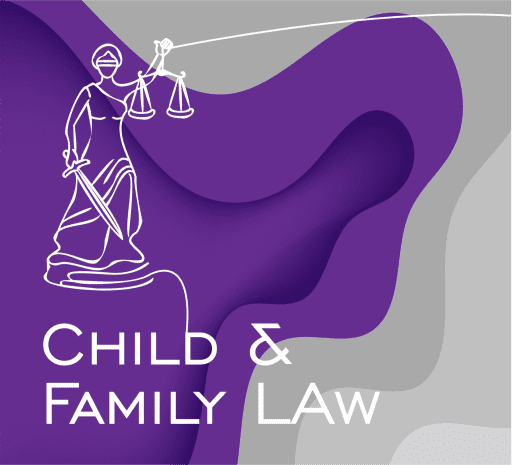The Financial and Legal Aspects to Consider When Getting Married
As the summer season ushers in numerous wedding ceremonies, both grand and intimate, it’s important to recognise that these celebrations are often accompanied by substantial financial investments. The average cost of a wedding in the UK for 2023 is projected to be around £20,000, a figure that exclusively encompasses the wedding day itself, excluding supplementary expenses such as pre-wedding parties, rings, honeymoons, and accommodation.
In 2022, Hello! magazine reported the following average costs for weddings:
– Venue Hire: £8,400
– Bridal Wedding Dress: £1,350
– Videography: £1,150
– Catering: £70 per guest
It’s noteworthy that a considerable portion of couples, approximately 47%, exceeded their initial budget for their weddings, underscoring the financial burden that these events can pose. Despite this, 63% of couples receive financial contributions from friends and family to assist with these expenses.
Moreover, beyond the romantic and familial elements, a marriage constitutes a legal commitment that carries far-reaching implications. Altering one’s legal status, financial arrangements, and even parental responsibilities, marriage demands careful consideration. This is particularly pertinent for the 31% of couples who become parents before formalising their union.
Despite its perceived lack of romance, seeking legal advice before marriage or entering a civil partnership can be a wise and enduring investment. Legal advice provides invaluable insights into the legal, financial, and potential divorce-related aspects of marriage. While contemplating divorce may not be comfortable for couples, it is crucial to acknowledge its possibility. Notably, there has been an uptick in interest for prenuptial and postnuptial agreements in recent times.
Recent data from the Office for National Statistics (ONS) reveals that the median duration of a marriage in 2021 was merely 12.3 years. The divorce rate was comparable for both genders, hovering around 9.5 per 1,000 of the married population. This rate varied with the age of couples, with a noticeable increase in the proportion of marriages ending in divorce by the tenth anniversary, particularly for those married in 1995.
Irrespective of age, every individual brings financial assets and commitments into a marriage, such as family wealth, savings, properties, and debts. A prenuptial agreement offers a structured mechanism to outline individual contributions and entitlements in the event of a divorce. It is crucial to finalise this agreement well in advance of the wedding to avoid any semblance of coercion.
While prenuptial agreements aren’t legally binding in the strictest sense, family courts do consider their provisions during divorce proceedings under specific circumstances. These agreements play a crucial role in safeguarding family wealth, inheritances, and pre-existing assets.
In certain scenarios, a postnuptial agreement might be more appropriate. These agreements can address financial changes following a marriage, changes in circumstances, or reaffirmations of prior prenuptial terms. Additionally, for couples who choose cohabitation over marriage, a cohabitation agreement becomes indispensable, as legal rights for cohabiting couples differ from those of married or civil partnered couples.
For parents whose adult children are contemplating marriage, it’s a prudent step to encourage them to seek legal guidance from seasoned family solicitors. At Aristone Solicitors, we offer a comprehensive initial fixed fee consultation that guides couples through the intricacies of marriage, prenuptial agreements, and postnuptial agreements. Should they opt for a prenup, our team is adept at tailoring agreements to suit their specific needs and preferences.



